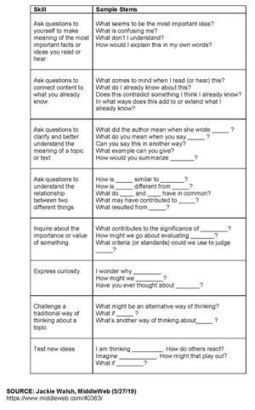Dragan Gasevic looks at how learning analytics can be used to support the student experience as a tool for learning gain.
Understanding what satisfaction means in the context of learning is also key. Happiness is not necessarily an indicator of “good” learning. I refer to the concept “desirable difficulties”, which is well established in educational psychology, including spaced practice or self-testing. It relates to the effective approaches to learning that can be promoted by in-course expectations. Learning analytics can offer a way to understand the complex interplay between learning gains, effective study and teaching practices, and student satisfaction.
However academics and students choose to use the data that are increasingly available on their student journey, context is key. You can’t separate the data from the organisational culture, national and regional differences, pedagogical differences between courses, and the political context. Rather than applying the same data rules across all providers and courses to reach a neat set of answers, we must look at the context in which we’re operating.
Even within an institution, one size absolutely does not fit all. The approach we’ve taken with our science and technology students would not work with, say, English or history students, although we’re following with interest the development of writing analytics that some of our global partners are working on, where analytics are being used to gather evidence of, for example, the coherence and summary of an argument.
 Your new post is loading...
Your new post is loading...
 Your new post is loading...
Your new post is loading...











